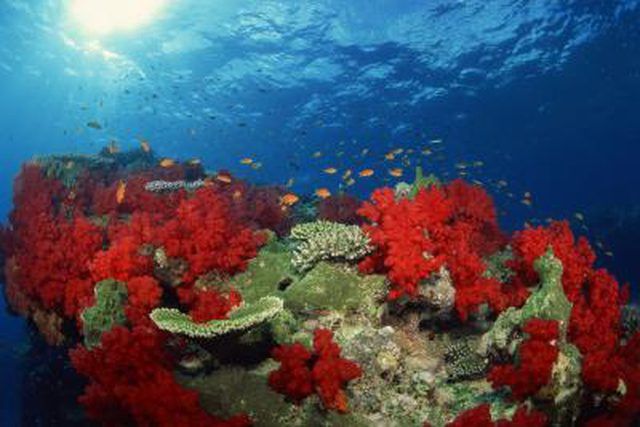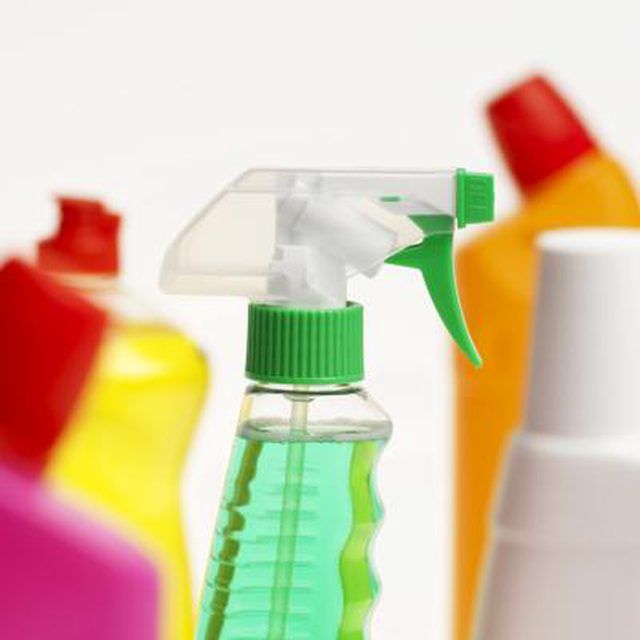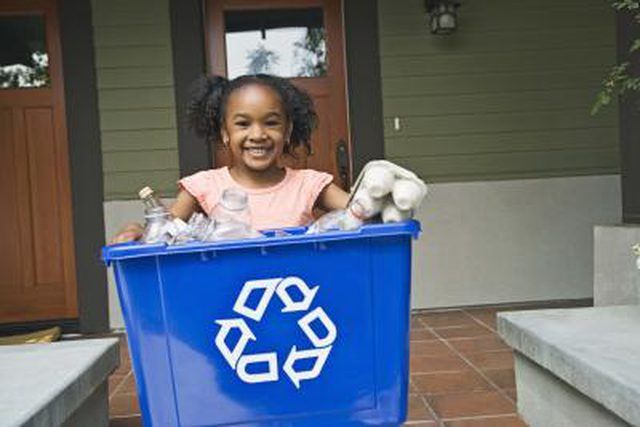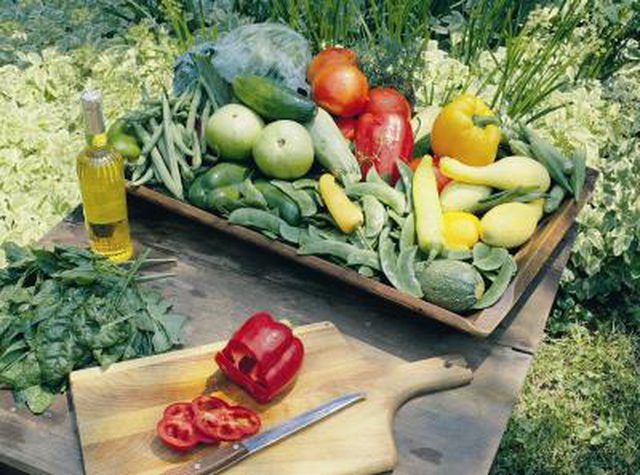Bulbs
Flower Basics
Flower Beds & Specialty Gardens
Flower Garden
Garden Furniture
Garden Gnomes
Garden Seeds
Garden Sheds
Garden Statues
Garden Tools & Supplies
Gardening Basics
Green & Organic
Groundcovers & Vines
Growing Annuals
Growing Basil
Growing Beans
Growing Berries
Growing Blueberries
Growing Cactus
Growing Corn
Growing Cotton
Growing Edibles
Growing Flowers
Growing Garlic
Growing Grapes
Growing Grass
Growing Herbs
Growing Jasmine
Growing Mint
Growing Mushrooms
Orchids
Growing Peanuts
Growing Perennials
Growing Plants
Growing Rosemary
Growing Roses
Growing Strawberries
Growing Sunflowers
Growing Thyme
Growing Tomatoes
Growing Tulips
Growing Vegetables
Herb Basics
Herb Garden
Indoor Growing
Landscaping Basics
Landscaping Patios
Landscaping Plants
Landscaping Shrubs
Landscaping Trees
Landscaping Walks & Pathways
Lawn Basics
Lawn Maintenance
Lawn Mowers
Lawn Ornaments
Lawn Planting
Lawn Tools
Outdoor Growing
Overall Landscape Planning
Pests, Weeds & Problems
Plant Basics
Rock Garden
Rose Garden
Shrubs
Soil
Specialty Gardens
Trees
Vegetable Garden
Yard Maintenance
How to Protect the Ecosystem
How to Protect the Ecosystem. An ecosystem is the interaction of plants, animals and small organisms in a certain environment. All three feed and procreate to keep the ecosystem alive. There are thousands of ecosystems of varying sizes on Earth. Due to global warming and pollution, many ecosystems are suffering. With changes to your everyday...
An ecosystem is the interaction of plants, animals and small organisms in a certain environment. All three feed and procreate to keep the ecosystem alive. There are thousands of ecosystems of varying sizes on Earth. Due to global warming and pollution, many ecosystems are suffering. With changes to your everyday lifestyle, you can help protect the planet and its ecosystems.

Things You'll Need
Recycle bins
Eco-friendly products
Step 1
Reduce or eliminate the use of household chemicals and pesticides that can hurt the environment. Harsh chemicals in typical store bought cleaners can get into the water supply and leak into ecosystems when disposed of. You can make your own cleaning solutions using distilled vinegar and baking soda. (See Resources section for recipes and uses for homemade non-toxic cleaning solutions.) You can also purchase "green" cleaning products. Brands, such as Seventh Generation and Clorox Green Works, make their cleaning products with chemicals that are more environmentally friendly than conventional cleaners.

Step 2
Recycle as much waste as you can and reduce the amount of waste you produce. You can create separate bins in your house and label them for glass, plastic, paper and aluminum. Take your bins to your nearest recycling center. (To find recycling centers in your area click on the link "Earth 911: Recycling Centers" in the Resources section.)
Reducing your waste is one of the best ways to help the environment. Rather than using disposable paper towels, use reusable towels that can be washed rather than thrown away. Use reusable bags at the grocery store rather than using disposable plastic or paper bags.

Step 3
Reduce your carbon footprint. There are numerous ways to cut back on how much you pollute resulting in a smaller carbon footprint. In your house, you can turn your hot water heater down a few degrees, wash dishes in the sink rather than the dishwasher, take showers rather than baths, turn down your air conditioner or heater, and use energy efficient light bulbs and electronics. Choose transportation that pollutes less, such as public transportation and choosing to take a train over taking a plane.

Step 4
Choose foods that are locally grown and grown sustainably. The industrial food system requires food to be transported from all over the country and internationally and for food to be grown abundantly, which requires pesticides. The transportation methods transporting food pollute the environment, but local foods do not need to be transported far. Organically grown food is also more sustainable, because it does not use pesticides, which harm ecosystems. Your local farmer's market is a way to find locally grown food and organically grown food.
